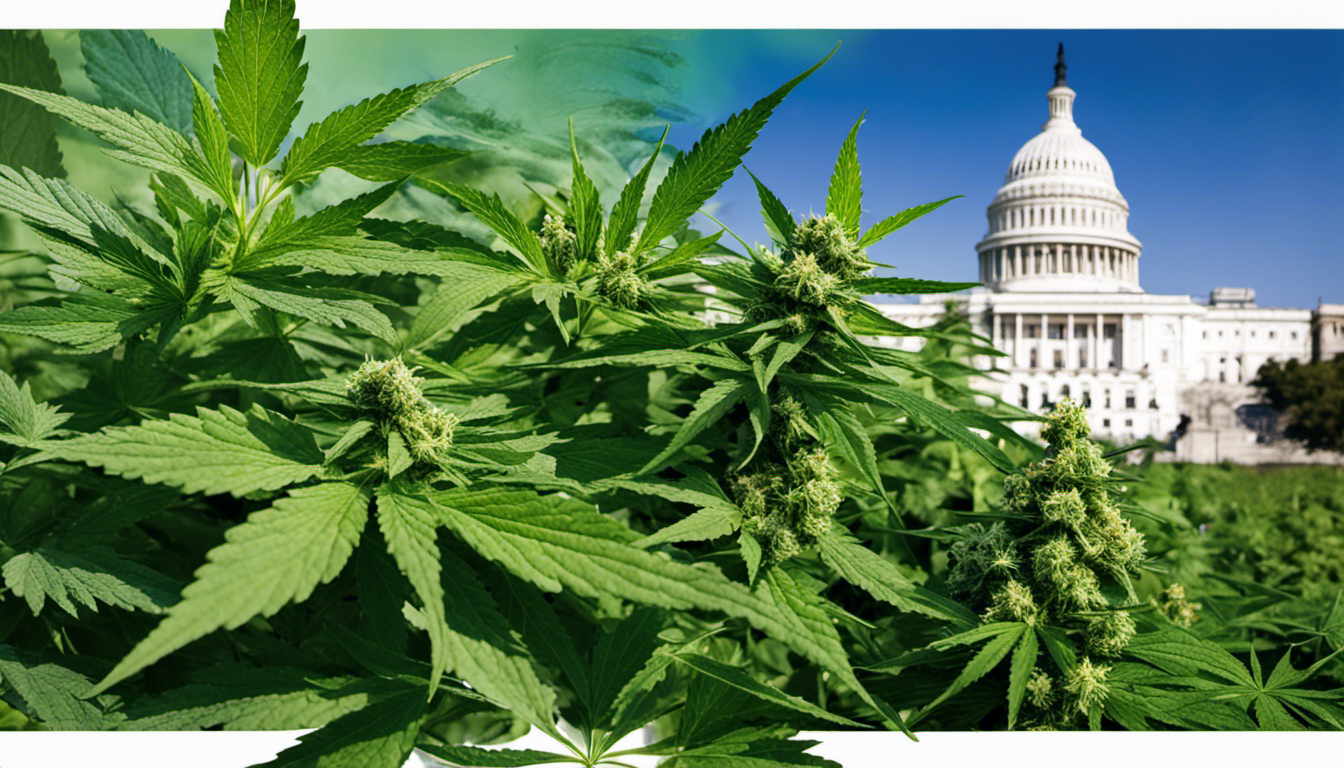The Economic Benefits of Legalizing Marijuana
As of 2024, 37 states and Washington D.C. have legalized marijuana for medical or recreational use, or both. This shift in the legal landscape has led to a significant impact on the economy, creating new jobs, tax revenue, and investment opportunities.
One of the most immediate effects of marijuana legalization is its impact on tax revenue. In 2023, total cannabis-related tax revenue collected by all states topped $4.18 billion. California, Washington, and Colorado have been the top-performing states in terms of tax revenue, with California generating $1.1 billion in sales tax revenue from cannabis.
The legal cannabis industry has also created a significant number of jobs. According to industry statistics, the average medical marijuana dispensary has 6.2 employees, which means that the 15,000 dispensaries in the United States create an estimated 93,000 jobs across the country. Additionally, the industry has created jobs in secondary industries such as software development, construction, accounting, and office supply companies.
The legal cannabis industry has also generated significant consumer spending. A 2023 report found that consumers spent roughly $30 billion on legal marijuana products in 2022, which is higher than spending on chocolate, chicken eggs, or craft beer. This spending has a significant impact on local economies, as many dispensaries are small businesses that create jobs and increase consumer spending.
Investment opportunities in the legal cannabis industry are also growing. While marijuana remains illegal on the federal level, it is difficult for investors to capitalize on the growth of the industry. However, should marijuana become legal on the national level, marijuana companies would be free to list their stocks on all U.S. exchanges, enhancing liquidity and opening up access to many more investors.
Another significant benefit of legalizing marijuana is the reduction in enforcement costs. The American Civil Liberties Union estimates that federal marijuana enforcement costs close to $3.6 billion per year. If marijuana were to be legalized on a national level, these costs would likely drop considerably.
While there are many compelling reasons to consider nationwide legalization, there are also significant challenges to overcome. Critics of legalization cite concerns about confusion among law enforcement officers, increased homelessness or youth use of the substance, and decreased property values.
In conclusion, the economic benefits of legalizing marijuana are significant and far-reaching. From increased tax revenue and job creation to investment opportunities and reduced enforcement costs, the legal cannabis industry has the potential to have a major impact on the economy. While there are challenges to overcome, the benefits of












